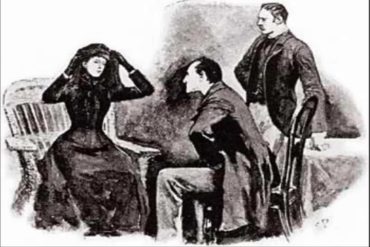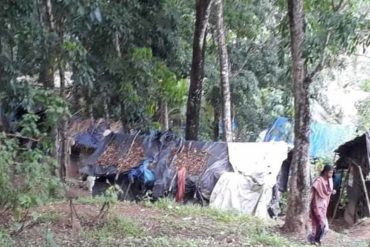The recent incident of arresting a senior news editor with a famous news channel in Kerala has once again boosted discussions about exploitative workplaces. While some applaud the courage of the woman who took the bold step of speaking out, some have started investigating the woman’s moral background. A majority of the public and a great number of media personnel have taken a neutral stand on the issue. Amal Vishnudas, a senior journalist at Mathrubhumi news channel, was arrested on charges of sexually exploiting his colleague. In her complaint to the police, the woman has accused him of sexually harassing her, reportedly after making a false promise of marrying her.
Even though the case has triggered multiple views, many have agreed on the fact that in the recent days, quite an impressive number of women have broken the nutshells and have registered cases against their oppressors. And the fact remains that a good number of culprits are well known among the Kerala folk. A senior journalist based in Thiruvananthapuram noted:
“It is not an odd incident. It is just one among the many incidents of exploitation that happen each and every day. It is not solely the case with media job. It happens at every workplace. The famous Vishaka
guidelines, promulgated by the Supreme Court in 1997, directs companies to form internal complaints
committee and a local complaint committee which includes members from outside the firm to deal with
sexual harassment complaints raised by the employees. But sadly and truly, not even a single firm in
Kerala has set up these committees.”
So what are the difficulties faced by an average Kerala woman employee who goes through a series of
exploitative incidents? “First of all, the woman will have to go through a traumatic kind of situation
including victim shaming, loss of employment and health and many similar occurrences before she
emerges as a fighter. Many of the incidents are not reported because the women or the victims lose
strength to protest and speak out in the process. It takes such a long time for the woman here to finally
gather strength to speak out,” she continued.
Why media jobs become increasingly an unsafe destination for women? “Media job is where you require
more interaction with colleagues and seniors. Most of the time, it is not a time-bound job, especially in
the television field,” she opined.
Trainee reporters in many organisations are being exploited by the senior staff. A senior journalist in
Kerala recollected an incident in which a male staff made use of the names of two freshers in an
allegation he raised against one of his colleagues. He said the girls who were trainees that time were often
spotted at the other one’s chamber. This incident traumatised the girls who were not much supported by
their respective families.
Journalist Shahina Nafeesa made her stand on the issue clear on Facebook. In an FB post published after Amal Vishnudas was arrested, she said that the consent earned in coercive fashion from a person for sexual relationship cannot be logically regarded as consent. Such relationship can only be termed as rape. “The argument that both of them had enjoyed is not relevant in such circumstances,” she opined. She begins the post by saying that cases of more women coming forward to raise voice against sexual exploitation can be seen as a positive sign. It has been heard from the sources that the woman who complained is not from the media fraternity.
While women folk in the media welcome even a meager voice raising against the exploitation they face at workplace, men are apparently not so happy about it. Here is a typical example for how men respond to such sensitive issues. The post was published when women journalists conducted a march to Mangalam office to mark their opposition against using a woman journo to trap former minister A K Saseendran. The person who published this on FB later withdrew it.







